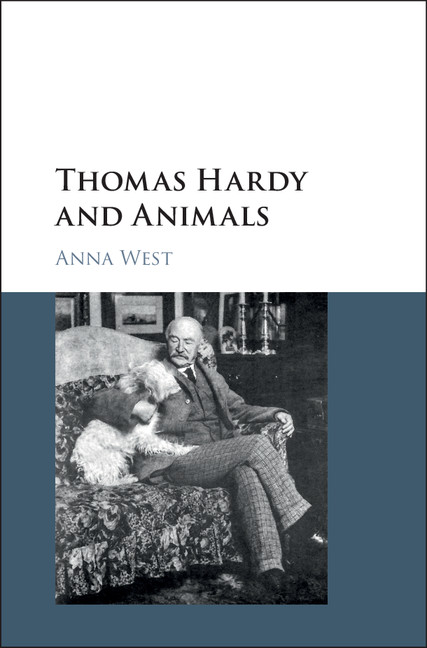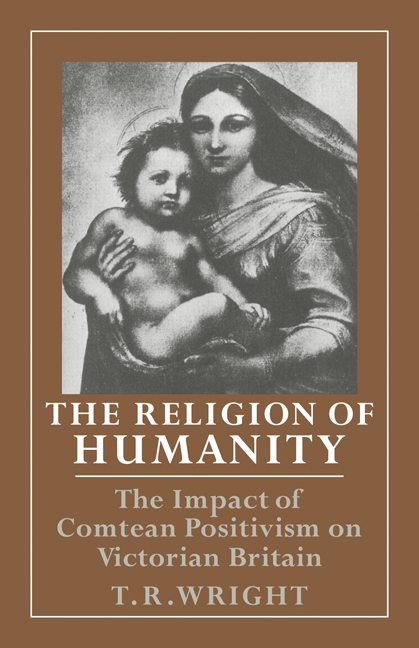Thomas Hardy on Screen
Often regarded as cinematic in their scope and power, the novels of Thomas Hardy have inspired some of the most absorbing adaptations of fiction for the big screen. This collection of essays by prominent international Hardy scholars explores both successful and unsuccessful attempts to transfer Hardy's novels to the screen. It provides a fascinating illustrated history of the interpretation and recreation of Hardy's work, from the silent era to television. The essays highlight the challenging nature of Hardy's work, which finds its most powerful reflection in films by controversial directors such as Roman Polanski and Michael Winterbottom.
- Essays by leading Hardy scholars on adaptations of Hardy from silent film to television
- Explores the relationships between literature and film, shedding new light on the novels
- A new way of considering Hardy's work and the continuing relevance of the social issues he explored
Reviews & endorsements
"...all the essays are strong and should be essential reading for both Hardyans and those who teach Hardy's novels."
Pamela Dalziel, University of British Columbia, Victorian Studies
Product details
February 2006Hardback
9780521840811
230 pages
235 × 159 × 20 mm
0.494kg
16 b/w illus.
Available
Table of Contents
- Introduction T. R. Wright
- 1. Hardy as a cinematic novelist: three aspects of narrative technique T. R. Wright
- 2. From painting to cinema: visual elements in Hardy's fiction Roger Webster
- 3. Wessex on film Simon Gatrell
- 4. The silent era: Thomas Hardy goes way down east Peter Widdowson
- 5. Screening the short stories: from the 1950s to the 1990s Roy Pierce-Jones
- 6. All fall down: Hardy's heroes on the 1990s cinema screen Judith Mitchell
- 7. Far from the Madding Crowd in the cinema: the problem of textual fidelity Keith Wilson
- 8. Staging the Native: aspects of screening The Return of the Native Rosemarie Morgan
- 9. Screening the flashback: three ways of opening The Mayor of Casterbridge Philip Allingham
- 10. The Woodlanders: the conflicting visions of Phil Agland and Thomas Hardy Dale Kramer
- 11. Dissonance, simulacra and the grain of the voice in Roman Polanski's Tess of the d'Urbervilles John Paul Riquelme
- 12. Romancing the text: genre, indeterminacy and televising Tess of the d'Urbervilles Richard Nemesvari
- 13. Adapting Hardy's Jude the Obscure for the screen: a study in contrasts Robert Schweik
- Filmography
- Bibliography
- Index.









